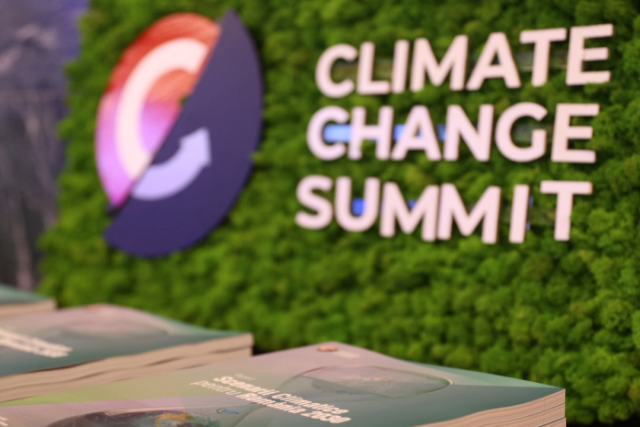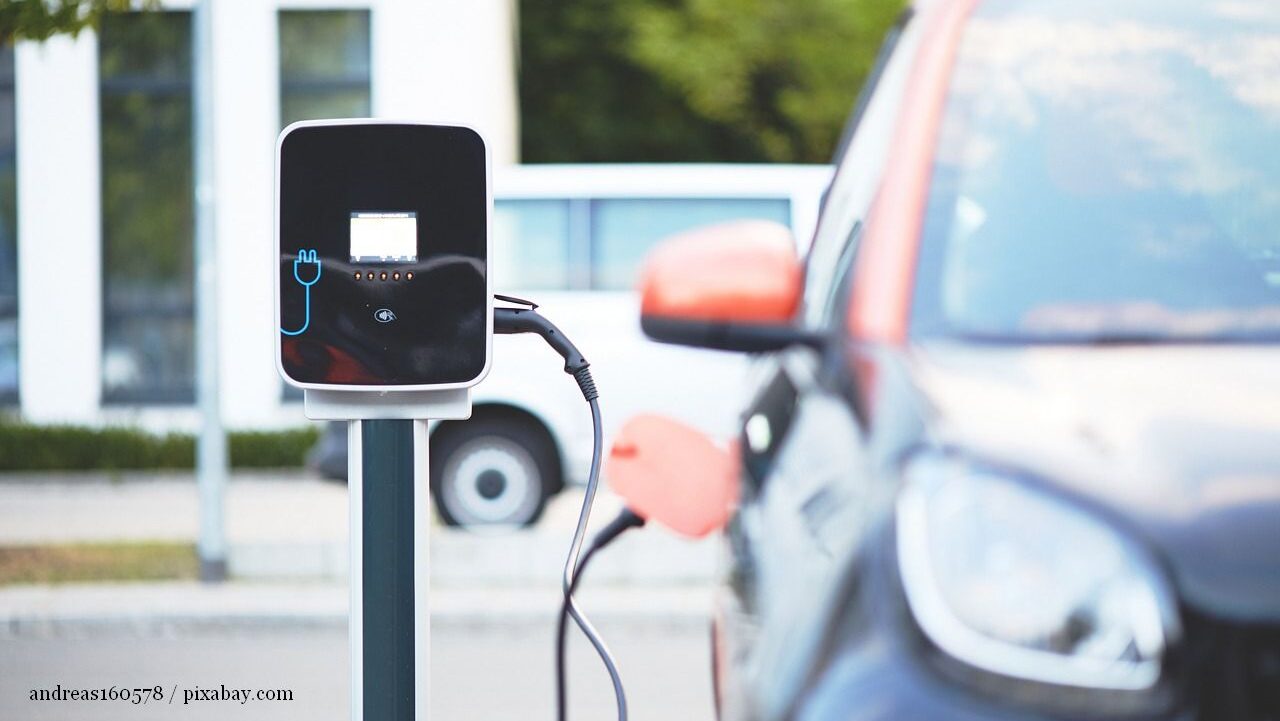Romania and the Green Economy
Climate Change Summit, the most important regional summit on the issue kicked off in Bucharest on Thursday

Sorin Iordan, 20.10.2023, 13:50
Bucharest has these days become a regional hub for debates on climate change, as the Romanian capital is hosting Climate Change Summit, the largest event of this kind in Central and Eastern Europe.
In a message conveyed in the onset of the event, Romanian president Klaus Iohannis has said that no country or nation is safe from climate change effects. „We have to work together, beyond national and sectoral borders, to step up the process of global decarbonisation,” Iohannis went on to say. The Romanian official hails the fact that part of the event is being housed by universities and said that young people must be given authority and opportunities to participate in the process of stepping up the green transition. In turn the Minister of Energy, Sebastian Burduja, has announced the number of prosumers, those who arent only consumers but also produce energy by means of renewable sources, is estimated to reach 236 thousand by the end of 2025 and to go over 350 thousand by 2030.
„This is a good thing that translates as decarbonisation, system decentralization and better resilience”, Burduja has also added. According to the minister, Romania has the big chance of an optimum position to benefit the energy revolution and the budget available for investment in the field, which presently stands at 18 billion euros, will enable the development of fresh projects in the area.
The transformation of Romanias economy in one digital and green is a long-term process, which requires solid national planning that has to be accepted by all the political forces, by businesses and civic groups alike, Romanian Prime Minister Marcel Ciolacu says. According to him the process of reducing climate change effects is a priority for the present cabinet. He pointed out that the Executive intends to both increase the resilience and sustainability of the energy system and agriculture and improve the management of water and mineral resources. Ciolacu added that future solutions will be developed through both the National Recovery and Resilience Plan and the other national and European financial instruments so that Romania of the year 2030 may be better prepared to face climate challenges.
Another step forward in the process of decarbonising the economy has been announced at the aforementioned summit by the Environment Ministry. According to state secretary, Ionuţ Banciu, Romania has succeeded in decoupling the economic growth and gas emissions and managed to curb their volume by two thirds. He says that Romania has reached the climate targets set in 2020 and the governments strategy to reach climate neutrality by 2050 is being debated upon and is expected to get the green light by the end of November.
(bill)






























